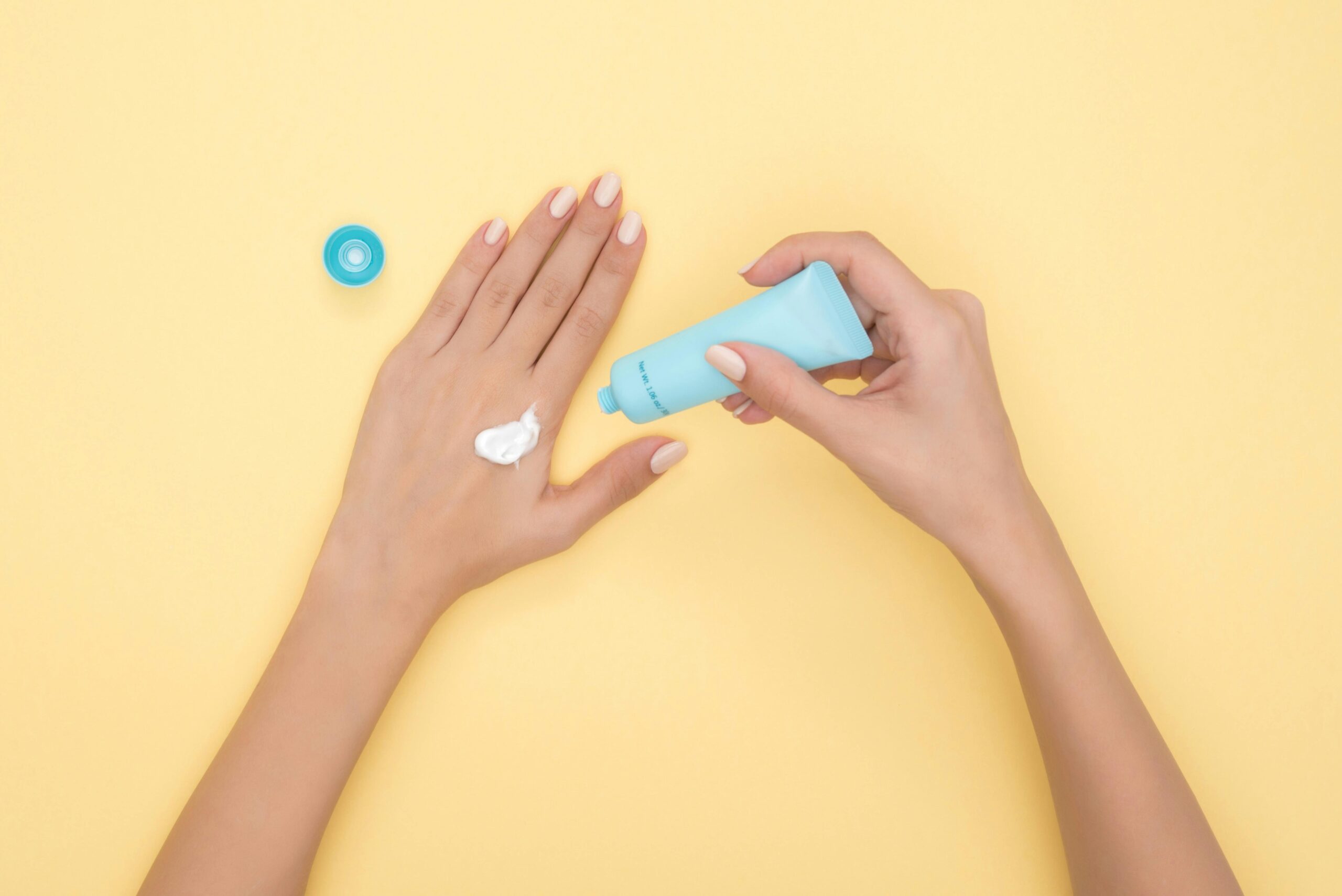For years, the path to success was paved with hustle, long hours, skipped meals, and late nights. “Grind culture” dominated professional life, convincing us that the only route to achievement was through sacrifice—especially of our own well-being. But in recent years, there’s been a noticeable shift. Burnout is no longer seen as a badge of honor, and people are waking up to a different truth: you can’t pour from an empty cup.
That’s why self-care has emerged as the new cornerstone of sustainable success. Far from being a luxury or a trend, it’s becoming a necessary strategy for those who want to thrive in their careers and personal lives.
What Is Self-Care, Really?
Self-care is often misunderstood. It’s not just bubble baths, scented candles, or occasional spa days (though those can help). True self-care is about taking consistent, intentional steps to preserve your physical, mental, and emotional health. It’s the practice of regularly checking in with yourself and giving your body and mind what they need to function at their best.
This can mean:
– Prioritizing sleep so you’re more focused and alert
– Eating nourishing food that fuels your energy
– Setting boundaries with your time and energy
– Taking breaks to reset and avoid burnout
– Seeking help when you’re overwhelmed or struggling
Self-care isn’t selfish. It’s an investment in your capacity to succeed and show up fully—for yourself, your work, and the people who rely on you.
The Link Between Self-Care and Performance
It might seem counterintuitive, but slowing down can actually help you speed up productivity thrives on well being.
Here’s how self-care directly impacts success:
– Improved Focus and Mental Clarity. When you’re sleep-deprived, stressed, or running on caffeine and adrenaline, your brain doesn’t function at its peak. Self-care activities like meditation, rest, and proper hydration help clear mental fog, improve memory, and increase attention span. That means better decision-making, sharper problem-solving, and fewer mistakes.
– Boosted Creativity. Innovation often requires stepping back. When you give yourself time to rest, reflect, or do something creative just for fun, your brain has space to form new ideas and connections. Many breakthroughs happen not during marathon work sessions, but during quiet walks or mindful moments.
– Resilience in the Face of Challenges. Success isn’t a straight line. There are setbacks, failures, and obstacles along the way. People who practice self-care are better equipped to bounce back. Their emotional batteries are charged, their coping skills are stronger, and they’re less likely to break under pressure.
– Stronger Relationships and Communication. Burned-out individuals often become irritable or withdrawn. Self-care improves emotional regulation, making it easier to maintain healthy relationships at work and home. This helps foster better teamwork, trust, and leadership—crucial components of long-term success.
Why the Workplace Is Changing Its Tune
In the past, workplaces often rewarded “always-on” employees and dismissed rest as laziness. But now, more companies are embracing self-care as a performance enhancer rather than a distraction.
– Progressive organizations are:
– Encouraging mental health days or flexible hours
– Offering wellness stipends or on-site yoga classes
– Promoting digital detoxes or limiting after-hours emails
– Creating employee assistance programs (EAPs) for counseling and support
Why? Because healthier employees are more engaged, loyal, and productive. The return on investment for supporting self-care is clear: happy, healthy people do better work.
Self-Care as a Personal Strategy for Success
You don’t need to wait for your workplace or environment to promote self-care. You can start by integrating small habits into your own routine that support your well-being and growth.
Here are a few personal self-care strategies that align with long-term success:
– Start Your Day with Intention
– Instead of diving into emails or social media the moment you wake up, take a few minutes to stretch, journal, or meditate. These simple actions can ground you and set a productive tone for the day.
– Take Breaks—Real Ones
– Stepping away from your desk for even 10–15 minutes can refresh your brain. Try walking around the block, doing breathing exercises, or having a mindful cup of tea. You’ll return with more energy and clarity.
– Protect Your Boundaries. It’s okay to say no. Overcommitting is a fast track to burnout. Define your limits and communicate them kindly but clearly. This preserves your time for the things that truly matter.
– Move Your Body Regularly
Exercise isn’t just for fitness—it’s a mental health booster and stress reliever. You don’t need a gym membership; even a brisk daily walk or stretching session can elevate your mood and sharpen your focus.
– Connect with People Who Recharge You
Human connection is powerful. Make time for friendships, support networks, or family—people who uplift and inspire you. A quick conversation with someone who “gets” you can reset your day.
Success Without Sacrifice
Redefining success to include wellness is not about doing less—it’s about doing smarter. It’s recognizing that pushing through exhaustion isn’t sustainable or admirable; it’s damaging. The new success model says: take care of yourself first, so you can take care of everything else with clarity and energy.
By incorporating self-care into your everyday life, you not only boost your chances of achieving your goals—you also enjoy the process more. After all, what good is success if you’re too drained to enjoy it?
Final Thoughts
Self-care is no longer just a buzzword. It’s a powerful strategy that fuels performance, creativity, and resilience. In a world that often tells us to go faster, self-care reminds us to pause, reflect, and build the kind of inner strength that leads to meaningful, lasting success.
When you prioritize your well-being, you don’t fall behind—you get ahead.



